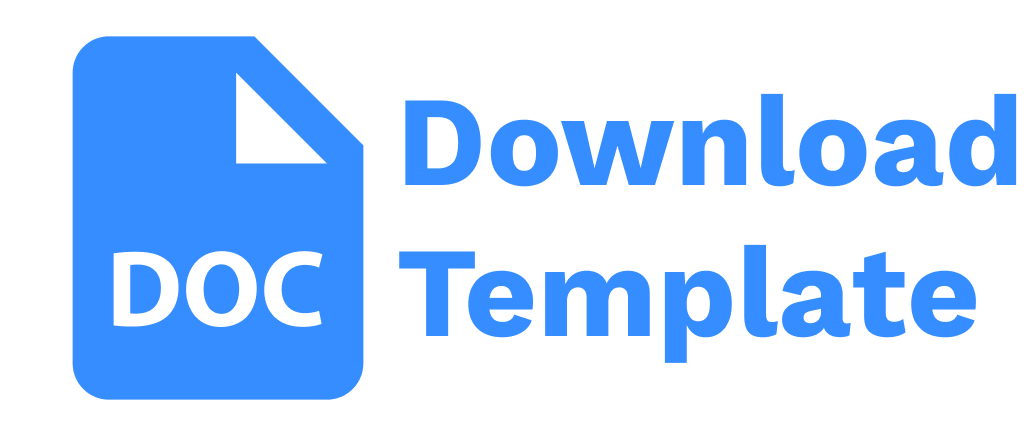Analysis of Learning Outcomes Module Material for Madrasah Ibtidaiyah Teachers of Teacher Professional Education in Position
Analisis Hasil Belajar Modul Pendalaman Materi Guru Madrasah Ibtidaiyah pada Pendidikan Profesi Guru Dalam Jabatan
DOI:
https://doi.org/10.21070/madrosatuna.v6i2.1570Keywords:
Learning Outcomes, Ibtidaiyah Madrasah Teacher Material Deepening ModuleAbstract
This study examines the analysis of learning outcomes for the deepening module of Madrasah Ibtidaiyah (Islamic Primary Schools) teachers in teacher professional education in position. The research method used is a qualitative method with a case study approach. The first findings show that the LMS PPG Daljab operational system phase 1 in 2022 has slightly changed or improved from 2021 to 2022. There are several things that must be fulfilled by lecturers and students, namely there are pretests, study contracts, resumes, analysis of teaching materials, analysis material, formative tests, module final tests organized by the center of the matter. Second, there are eight of the thirty Madrasah Ibtidaiyah teachers who must take remedial, seven students repeat the learning and learning theory module with an average value of 66.56 and then two students in the teacher professional development module with an average score of 66.91 and two students in the learning evaluation module with an average score of 60.58. Based on these data, some Madrasah Ibtidaiyah teachers still encounter problems in mastering learning and learning theory, while the ability is one of the important factors in determining learning success.
References
Adhar. Peran Sertifikasi untuk Meningkatkan Motivasi Dan Kedisiplinan Guru Dalam Melaksanakan Pembelajaran. Jurnal Ilmiah ISLAM FUTURA. Vol. 13. No. 1, Agustus 2013
Antrian Panjang, Kemenag Upayakan Penambahan Kuota PPG Dalam Jabatan. (n.d.). Retrieved May 13, 2022, from https://kemenag.go.id/read/antrian-panjang-kemenag-upayakan-penambahan-kuota-ppg-dalam-jabatan
Atma, B. A., Azahra, F. F., & Mustadi, A. (2021). Teaching style, learning motivation, and learning achievement: Do they have significant and positive relationships? Jurnal Prima Edukasia, 9(1), 23–31. https://doi.org/10.21831/jpe.v9i1.33770
Cahyaningsih, D. S., Taufiqurrahman, T., & Sulaksono, A. G. (2021). Using of the Learning Management System on motivation and learning outcomes in the “Merdeka Belajar Kampus Merdeka” Program. Jurnal Penelitian, 18(2), 1–11. https://doi.org/10.26905/jp.v18i2.7047
Cohen, E., & Nycz, M. (2006). Learning Objects and E-Learning: an Informing Science Perspective. Interdisciplinary Journal of E-Skills and Lifelong Learning, 2, 023–034. https://doi.org/10.28945/399
Creswell, J. W., & Poth, C. N. (2018). Chapter 5: Five different qualitative studies. Qualitative Inquiry and Research Design: Choosing Among Five Approaches, SAGE Publication.
Djamarah. (2008). Guru dan Anak Didik. Jakarta:Rineka Cipta
Dwijuliani, R., Rijanto, T., Munoto, Nurlaela, L., Basuki, I., & Maspiyah. (2021). Increasing student achievement motivation during online learning activities. Journal of Physics: Conference Series, 1810(1). https://doi.org/10.1088/1742-6596/1810/1/012072
Fieka Nurul Arifa, Ujianto Singgih Prayitno. Peningkatan Kualitas Pendidikan: Program Pendidikan Profesi Guru Prajabatan dalam Pemenuhan Kebutuhan Guru Profesional di Indonesia. Jurnal Masalah-Masalah Sosial | Volume 10, No. 1 Juni 2019.
Firman, F., & Rahayu, S. (2020). Pembelajaran Online di Tengah Pandemi Covid-19. Indonesian Journal of Educational Science (IJES), 2(2), 81–89. https://doi.org/10.31605/ijes.v2i2.659
Gilbert, S. J., Williamson, I. D. M., Dumontheil, I., Simons, J. S., Frith, C. D., & Burgess, P. W. (2007). Distinct regions of medial rostral prefrontal cortex supporting social and nonsocial functions. Social Cognitive and Affective Neuroscience, 2(3), 217–226. https://doi.org/10.1093/scan/nsm014
Kunandar. (2007). Guru Profesional. Jakarta: Raja Grafindo
Lexy J. Moleong, (2013), Metodelogi Penelitian Kualitatif, Bandung : PT. Remaja Rosdakarya.
Mudjiman, Haris. (2008). Belajar Mandiri. UNS Press
Mulyasa, E. (2008). Standar Kompetensi dan Profesi Guru. Bandung: PT. Remaja Rosdakarya
Koehler, M. J., Mishra, P., & Cain, W. (2013). What is Technological Pedagogical Content Knowledge (TPACK)? Journal of Education, 193(3), 13–19. https://doi.org/10.1177/002205741319300303
Oludare Jethro, O., Moradeke Grace, A., & Kolawole Thomas, A. (2012). E-Learning and Its Effects on Teaching and Learning in a Global Age. International Journal of Academic Research in Business and Social Sciences, 2(1), 2222–6990.
Pertiwi, F. T., & Sumbawati, M. S. (2018). Pengaruh Penggunaan Learning Management System Berbasis Chamilo dan Motivasi Terhadap Hasil Belajar Siswa SMK Kelas X Pada Mata Pelajaran Sistem Komputer. Jurnal It-Edu, 3(02), 88–97.
Rizal, S., & Walidain, B. (2019). Pembuatan Media Pembelajaran E-Learning Berbasis Moodle Pada Matakuliah Pengantar Aplikasi Komputer Universitas Serambi Mekkah. JURNAL ILMIAH DIDAKTIKA: Media Ilmiah Pendidikan Dan Pengajaran, 19(2), 178. https://doi.org/10.22373/jid.v19i2.5032
Septianti, N., & Afiani, R. (2020). Pentingnya Memahami Karakteristik Siswa Sekolah Dasar di SDN Cikokol 2. As-Sabiqun, 2(1), 7–17. https://doi.org/10.36088/assabiqun.v2i1.611
Surjono, H. D. (2013). Membangun Course E Membangun Course E--Learning Learning Berbasis Moodle Berbasis Moodle. http://moodle.org
Usman, M. Uzer. (2005). Menjadi Guru Profesional. Bandung: Remaja Rosdakarya.
Yin, R. K. (2003). Applications of case study research. SAGE Publication.
Yıldız, E., Sarıtaş, M. T., & Can ŞENEL, H. (2015). Examining the Attitudes and Intention to Use Synchronous Distance Learning Technology among Pre-service Teachers: A Qualitative Perspective of Technology Acceptance Model. American Journal of Educational Research, 3(10A), 17–25. https://doi.org/10.12691/education-3-10a-3.
Yohanda, R. (2020). Metode Studi Kasus : Upaya-Upaya Guru Dalam Meningkatkan Motivasi Belajar Siswa SMA Negeri 14 Pekanbaru. Kordinat: Jurnal Komunikasi Antar Perguruan Tinggi Agama Islam, 19(1), 113–130. https://doi.org/10.15408/kordinat.v19i1.17178







